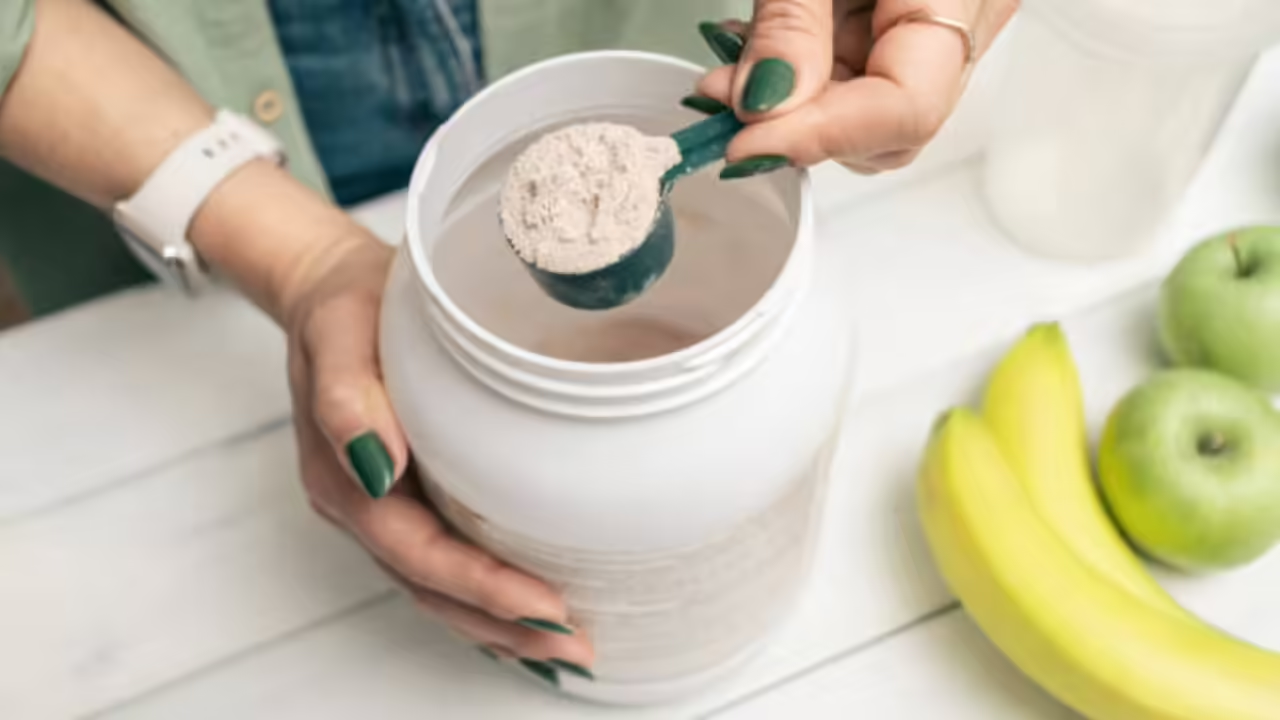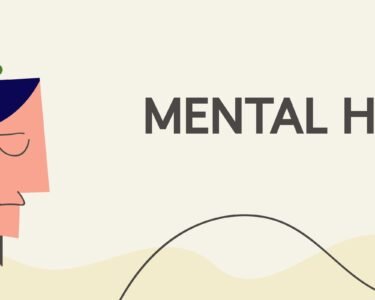For many fitness enthusiasts, the word “protein” has become synonymous with progress. Whether it’s building muscle, losing fat, or simply getting healthier, people are constantly told to increase their protein intake. Social media is filled with shakes, bars, and powders promising to transform the body overnight. But what if we’ve been focusing on the wrong thing all along? According to several nutrition experts and fitness coaches, the obsession with protein might be distracting us from what truly makes a difference in our health — balance, variety, and quality nutrition.
Protein is undeniably important. It supports muscle repair, hormone production, and overall strength. However, constantly chasing high-protein numbers often leads people to neglect other essential nutrients like fiber, vitamins, and minerals. Many individuals who push protein to the extreme end up eating fewer vegetables, skipping fruits, and relying heavily on processed food options. This creates an imbalance that can harm long-term health rather than improve it.
The body doesn’t need excessive amounts of protein to thrive. In fact, most people already consume enough without realizing it. The real issue lies not in the lack of protein, but in the lack of nutrient diversity. Your body functions best when it gets a variety of whole, fresh foods. Eating too much protein, especially from animal sources, can even strain the kidneys and increase the risk of heart-related issues over time.
So, what’s the one diet change that actually makes all the difference? According to fitness coaches, it’s not about eating more protein — it’s about eating better overall. The shift is simple: focus on including more whole, plant-based, nutrient-rich foods in your daily diet. This one change brings about noticeable improvements in energy, digestion, and even workout performance.
When you start making space on your plate for vegetables, fruits, legumes, whole grains, seeds, and nuts, everything changes. These foods naturally contain protein along with essential fiber, antioxidants, and vitamins. They help keep your digestion smooth, your skin healthy, and your energy levels stable throughout the day. Fiber, in particular, plays a huge role in maintaining gut health — something that a high-protein, low-carb diet often overlooks.
The benefits go far beyond the digestive system. A diet rich in plants reduces inflammation, supports heart health, and promotes better recovery after workouts. It also helps maintain a healthy weight without the need for extreme calorie counting or constant protein tracking. The beauty of this approach lies in its simplicity: instead of obsessing over grams and macros, you just eat more real, colorful food.
This isn’t about becoming vegan or giving up animal products completely. It’s about balance. You can still enjoy eggs, fish, or chicken — but let them share the plate with vegetables and grains rather than dominate it. Instead of eating grilled chicken with no sides, add sautéed spinach or a bowl of lentil soup. Instead of reaching for a protein bar, snack on nuts, seeds, or fruit. These small shifts help your meals feel complete and satisfying while improving your body’s ability to absorb nutrients.
Another key benefit of focusing on plant-rich meals is that it naturally controls overeating. Fiber-rich foods keep you fuller for longer, reducing unnecessary cravings and snacking. This is something that high-protein processed snacks cannot achieve effectively. Over time, you’ll find that you don’t just feel lighter and more energetic — you actually enjoy food more, because it’s flavorful, fresh, and diverse.
It’s also worth noting that focusing less on protein allows you to enjoy food without guilt. Many people today view meals purely as numbers — calories, macros, grams of protein — forgetting that food is also emotional and cultural. When you shift your mindset to eating wholesome, balanced meals, it removes the stress of constant tracking and allows you to build a healthy, sustainable relationship with food.
So, how do you start? Begin by making half your plate plant-based. Include a variety of colors — leafy greens, tomatoes, carrots, cucumbers, bell peppers, and grains like brown rice or millets. Add a moderate amount of protein through beans, lentils, paneer, tofu, or eggs. Use healthy fats like olive oil, ghee, or avocado in small amounts. Drink enough water and limit processed protein powders unless medically required.
The goal is not perfection but consistency. A balanced diet doesn’t require expensive supplements or strict food rules — it thrives on everyday habits. Eating freshly cooked meals, staying hydrated, and listening to your body’s hunger cues are more beneficial than obsessing over one nutrient.
The fitness coach’s message is simple: instead of chasing protein targets, chase balance. When your meals are diverse, your health naturally follows. You’ll notice better digestion, clearer skin, stable moods, and stronger workouts — all without needing to double your protein intake.
In the long run, the healthiest and fittest people aren’t those who eat the most protein but those who eat the most variety. They fuel their bodies with colorful foods, stay active, rest well, and enjoy what they eat. That’s the real secret — not another shake or supplement, but a lifestyle built on mindful, balanced choices.
So, stop obsessing over protein numbers. Start focusing on the overall quality of your plate. Add more plants, eat more colors, and include natural sources of nutrients. This single shift — from “more protein” to “more balance” — can transform not just your body but your entire approach to health and fitness.
Do Follow Us On Instagram







